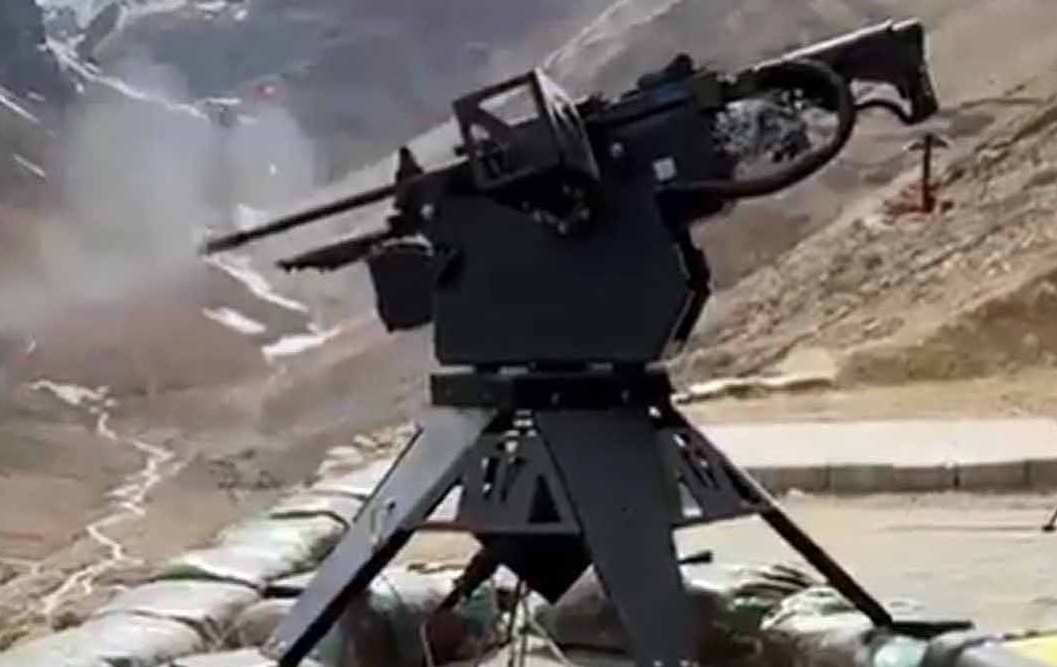Russian Strike Destroys Indian Pharma Warehouse in Ukraine, Kyiv Questions Moscow’s ‘Special Friendship’

On April 12, 2025, a Russian drone strike reportedly destroyed the warehouse of Kusum, a major Indian pharmaceutical company operating in Kyiv, Ukraine. The incident has sparked diplomatic tensions and drawn sharp criticism from Ukrainian officials, who accused Moscow of hypocrisy in its claims of "special friendship" with India.
Kusum, owned by Indian entrepreneur Rajiv Gupta, plays a vital role in Ukraine’s healthcare system by supplying essential medicines, particularly for children and the elderly. The warehouse targeted in the strike stored crucial medical supplies, and its destruction has created an urgent humanitarian gap in a country already burdened by over two years of war.
While Russia has not issued a formal statement about the attack, the Ukrainian embassy in India did not hold back. In a strongly worded statement, it questioned how Moscow could call India a friend while allegedly attacking Indian businesses that are actively helping Ukrainian civilians survive the conflict.
The incident was further highlighted by the British ambassador to Ukraine, Martin Harris, who stated that Russian drones were responsible for the warehouse's destruction. Sharing photos of smoke and rubble, Harris described the attack as part of Russia’s ongoing “terror campaign” targeting civilian infrastructure.
This incident shines a light on the dangers international companies face when operating in war zones. For Indian firms like Kusum, the stakes are particularly high. Despite India’s efforts to remain diplomatically neutral, the physical presence of Indian businesses in conflict areas makes them vulnerable. It’s a grim reminder that neutrality on paper doesn't guarantee immunity on the ground.
India has largely maintained a balanced diplomatic position since the Russia-Ukraine war began in 2022. New Delhi has called for dialogue, peace, and cessation of hostilities, avoiding any direct condemnation of Moscow. However, this neutrality has come under scrutiny due to India's deepening economic ties with Russia—especially its rising oil imports. In February 2025 alone, India imported 1.48 million barrels of oil per day from Russia, making Moscow its top energy supplier amid Western sanctions.
Ukraine’s public criticism suggests growing frustration with India’s neutral approach, especially when Ukrainian civilian lives—and now Indian business interests—are under threat. Kyiv's messaging seems calculated to prompt a reevaluation of New Delhi's strategic positioning, or at the very least, to raise awareness about the risks of straddling both sides.
The broader backdrop of this incident is a worsening conflict, with both Ukraine and Russia accusing each other of breaching agreements aimed at protecting critical infrastructure. Drone and missile attacks on energy facilities and logistics centers have intensified, leaving civilians and companies alike exposed.
In this turbulent setting, the targeting of an Indian pharma warehouse not only deepens the humanitarian crisis but also complicates the already delicate diplomatic dynamics between India, Ukraine, and Russia. Whether this incident alters India’s stance remains to be seen, but it certainly underscores the far-reaching and unpredictable consequences of modern warfare—even for those trying to stay out of it.
✍️ This article is written by the team of The Defense News.






